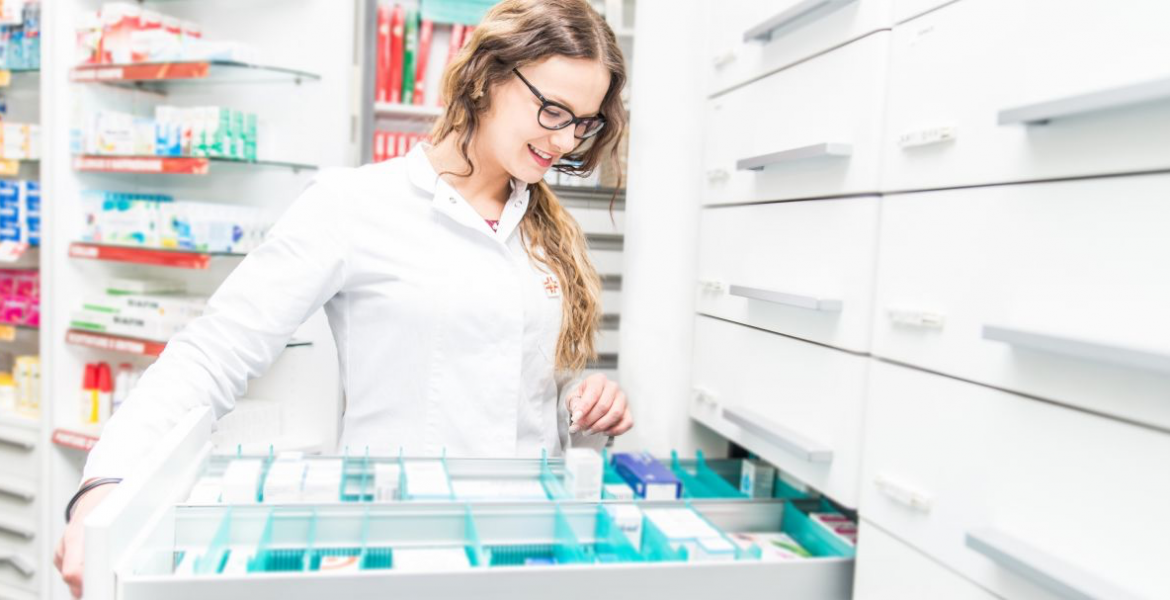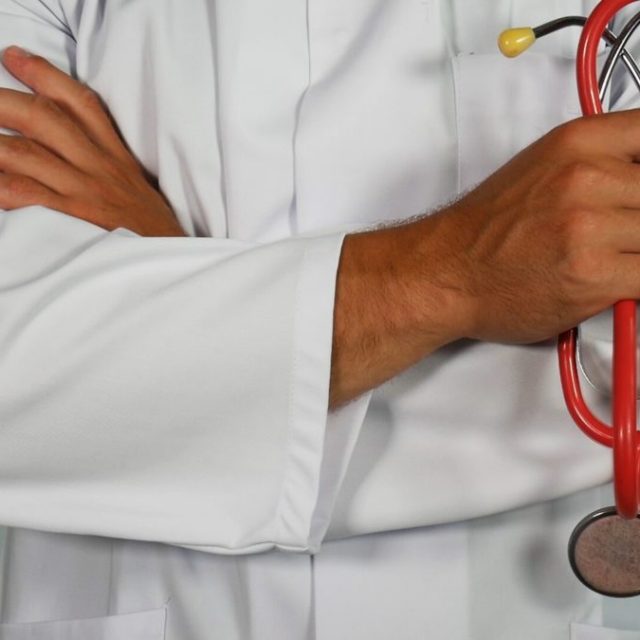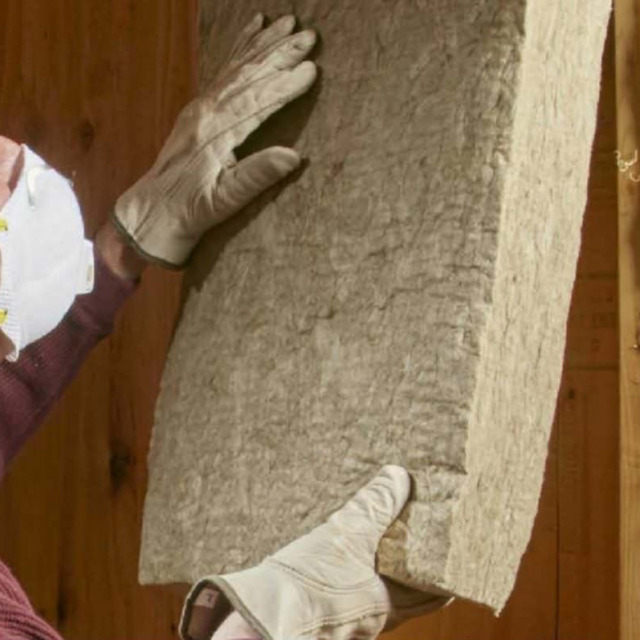The European Parliament’s Environment, Public Health and Food Safety Committee calls for more EU self- sufficiency and better-coordinated strategies to tackle medicine shortages.
In a report on the shortage of medicines, adopted by 79 votes to 1 and 0 abstentions, the Environment, Public Health and Food Safety Committee addresses the root causes of medicines shortages. It stresses the need for an increased EU response, as the problem has been exacerbated by the COVID-19 health crisis across Europe with a direct negative impact on patients’ health, safety and the continuation of their treatment.
The report asks the Commission to use the upcoming pharma strategy to address the issue of availability, accessibility and affordability of safe medicines in Europe.
In the approved text, MEPs call on the Commission to find ways to restore pharmaceutical manufacturing in Europe, giving priority to essential and strategic medicines as currently 40% of medicines marketed in the EU originate in non-EU countries, while 60 – 80% of active pharmaceutical ingredients are produced in China and India.
MEPs encourage the introduction of financial incentives, in line with state aid rules, to persuade producers to make active pharmaceutical ingredients and medicines in Europe. They also welcome the new EU health programme EU4Health to make medicines and medical equipment more available and more accessible.
The report calls for member states to share best practices in stock management and create coordinated health strategies, including further use of joint EU procurement of medicines. It also calls on the Commission to create a European contingency reserve of medicines of strategic importance, along the lines of the RescEU mechanism. It should function as “an emergency European pharmacy” in order to minimise shortages. Equal access for all member states should be ensured through a new mechanism of just distribution.
To make medicines circulate more easily between EU countries, they also want more flexible rules on packaging formats, reuse procedures, longer expiry periods and the use of veterinary medicinal products.
After the vote, the rapporteur Nathalie Colin-Oesterle said: “Public health has become a geostrategic weapon that can bring a continent to its knees. Our dependence on third countries has been exposed by the current pandemic. It is necessary to relocate certain types of production, to harmonise legislation and to strengthen cooperation between member states in order to achieve greater solidarity and to regain our independence. I call
The report is expected to be on the agenda of the September plenary session of the European Parliament.




